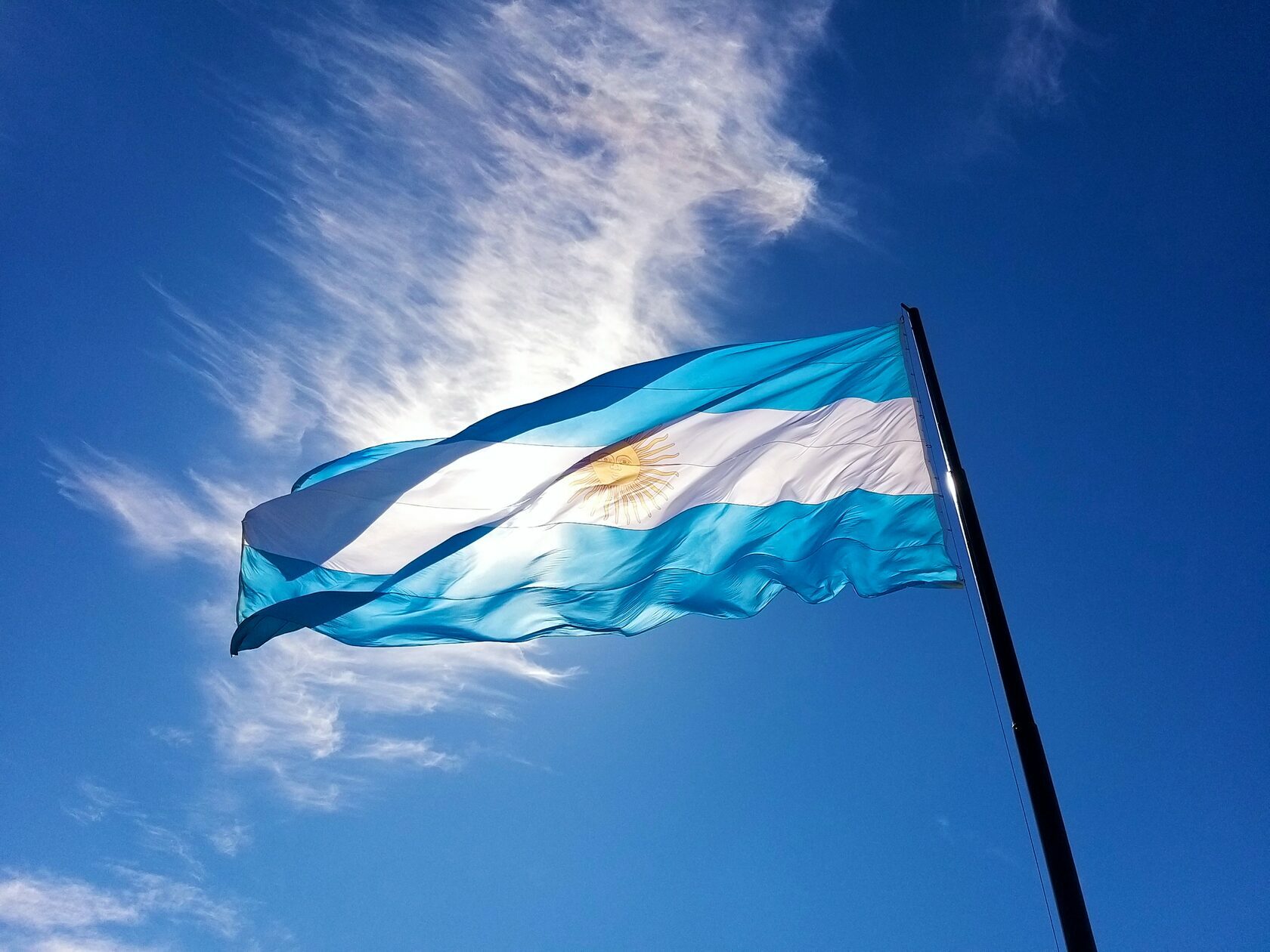Let's delve into the captivating realm of the Argentina language.
What language do they speak in Argentina?
Although Spanish holds a prominent position as the primary language in Argentina, the linguistic landscape is diverse, with various other languages spoken. Italian, recognized as the second most spoken language in Argentina, contributes to this linguistic diversity. Additionally, languages like Quechua, mainly spoken by Bolivian immigrants in Northern Argentina, and Guaraní, prevalent in the province of Corrientes, add richness to Argentina's multilingual tapestry.
What is the official language of Argentina?
Spanish is the predominant language spoken by the majority of Argentinians, serving as the official language of Argentina and being widely used across the country.
Do Argentina and Portugal speak the same language?
The primary language spoken by the majority of Argentinians is Spanish, and Portuguese is not widely spoken in Argentina. While some Argentinians may believe they speak Portuguese, and similarly, some Brazilians may think they speak Spanish, the reality is that these languages are distinct, and proficiency may vary among individuals.
Interesting facts about language in Argentina
Did you know that despite Spain being the origin of the Spanish language, Argentina boasts the largest number of Spanish speakers worldwide, totaling 534 million? This intriguing fact positions Spanish as the fourth most spoken language globally.
Argentina's linguistic landscape is not only characterized by Spanish but also enriched by various dialects. The country's linguistic tapestry, shaped by historical influences and immigration, features the vibrant "Espanol" spoken by 42 million Latin Americans. Beyond being a part of daily communication, Spanish holds sway in government offices, schools, and official institutions throughout the nation.
The diverse linguistic heritage of Argentina includes a spectrum of dialects, with Italian being one of the most distinctive among the 42 million Spanish speakers. This linguistic diversity is further enhanced by the presence of dialects such as Basque, Sicilian, Welsh, and Gaelic, echoing the historical tapestry woven by the country's immigrant communities.
Argentina's linguistic landscape is not only characterized by Spanish but also enriched by various dialects. The country's linguistic tapestry, shaped by historical influences and immigration, features the vibrant "Espanol" spoken by 42 million Latin Americans. Beyond being a part of daily communication, Spanish holds sway in government offices, schools, and official institutions throughout the nation.
The diverse linguistic heritage of Argentina includes a spectrum of dialects, with Italian being one of the most distinctive among the 42 million Spanish speakers. This linguistic diversity is further enhanced by the presence of dialects such as Basque, Sicilian, Welsh, and Gaelic, echoing the historical tapestry woven by the country's immigrant communities.


